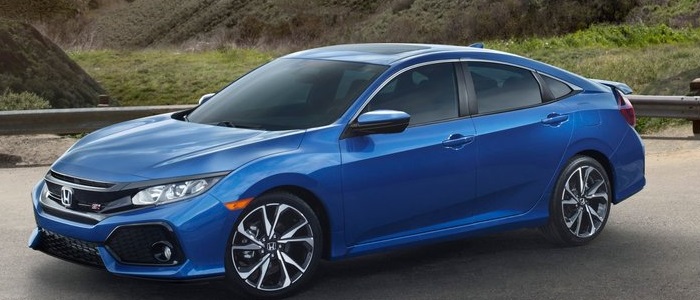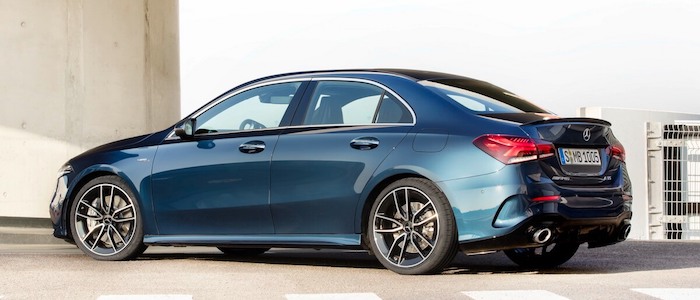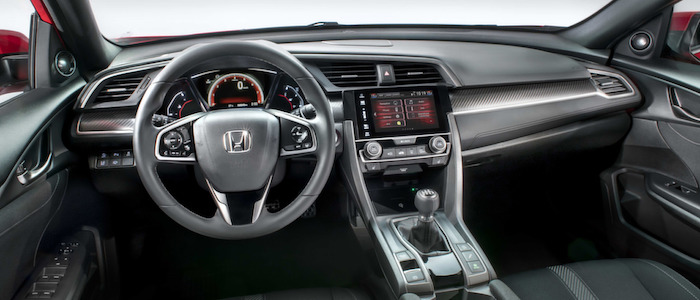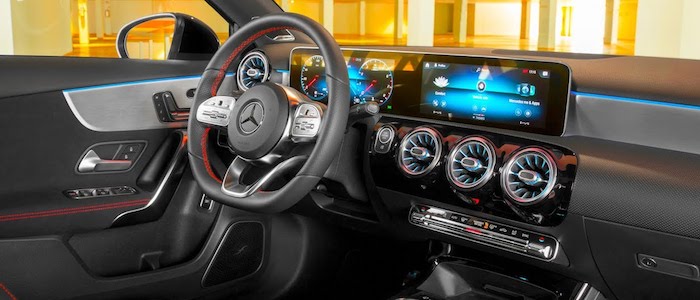Compare two cars
Compare any two cars and get our Virtual Adviser™ opinion
Dimensons & Outlines
Check vehicle history
Engine
1.3 HR13DDT / H5Ht TCe 163
Performance (manual gearbox)
Performance (automatic gearbox)
Expenses
Virtual Adviser's™ opinion
Well, these are two pretty similar cars we have here! It's only details that could potentially make the difference. Considering they both belong to the small family car segment and utilize the same 4-door sedan body style and the front wheel drive system, it all comes up to the specific petrol engine choice they offer. The first one has a Honda-engineered powertrain under the hood, a 4-cylinder, 16-valves 182hp unit, while the other one gets its power and torque from a 4-cylinder, 16-valves 163hp engine designed by Nissan.
SafetyBoth vehicles got tested by European New Car Assessment Programme (Euro NCAP), with the same number of safety stars gained in the process. Moving further on, let's take a closer look at some additional safety-related facts. Both vehicles belong to the small family car segment, which is generally classifying them somewhere in the middle safety-wise, still it doesn't help us solve our dilemma, does it? On the other hand, taking kerb weight as an important factor into account, the German car offers a marginal difference of 4% more metal.
ReliabilityManufacturers have been building their reliability reputation for decades now and, generally speaking, it appears that Honda is significantly less fault-prone, all the models observed together. These are the official statistics, while our visitors describe reliability of Honda with an average rating of 4.7, and models under the Mercedes Benz badge with 4.3 out of 5. Unfortunatelly, I don't have enough insight that would allow me to comment in more details on the specific models level. We should definitely mention that owners of cars with the same powertrain as the Japanese car rank it on average as 4.0, while the one under the competitor's bonnet gets 3.0 out of 5.
Performance & Fuel economyHonda is a bit more agile, reaching 100km/h in 0.2 seconds less than its competitor. Still, it lacks the power to win the top speed competition, topping at 210 kilometers per hour, 20km/h less than the other car. When it comes to fuel economy things look pretty much the same for both cars, averaging around 5.7 liters of fuel per 100 kilometers (50 mpg), in combined cycle.
Verdict
Honda is apparently more reliable, not too much, but just enough. The most important thing when deciding between any two vehicles should always be safety, both passive and active. In my opinion, everything taken into account, the German car offers slightly better overall protection and takes the lead. It all continues in the same direction, with Mercedes Benz offering somewhat better performance, just enough to call it quicker. Fuel consumption is more or less the same. It's really tough to make a final decision here, but if I'd need to, I'd say Mercedes Benz. Anyway, that's the most objective conclusion I could've came up with and it's based solely on the information found on this website. Aspects such as design, practicality, brand value and driving experience are there for you to measure them out. In case you have two minutes to spare I invite you to define your needs, desires and budget and see which car would be chosen by the virtual adviser™, among more than 12.000 different ones in our database.

































